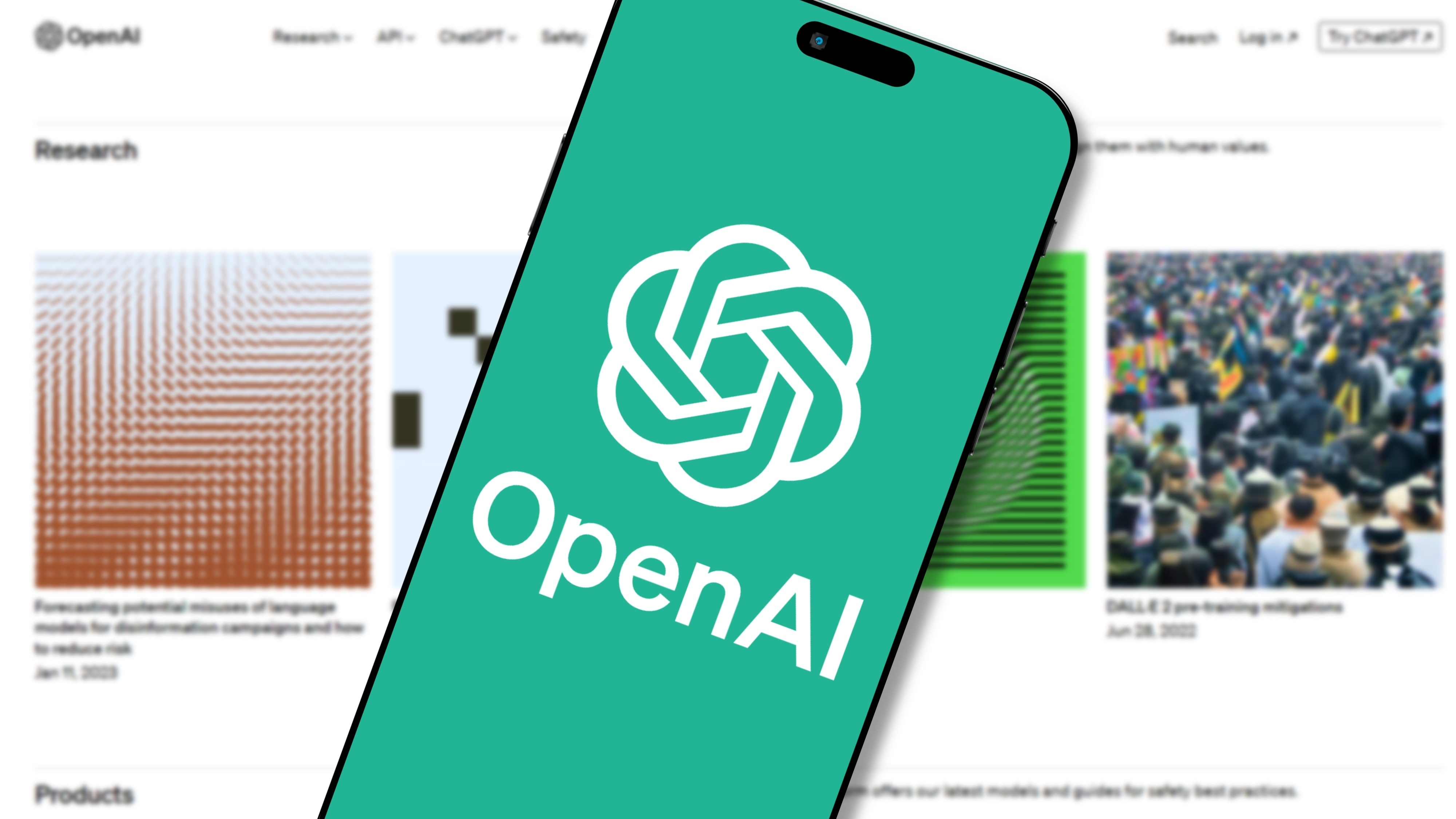OpenAI CEO Sam Altman has been at the forefront of AI development and discourse for years. Now, in a rare and candid blog post, he’s opened up about his personal vision for the future of artificial intelligence, sharing how he believes it will revolutionize society. According to Altman, the path toward “superintelligent” AI is not only possible but likely to happen within the next “few thousand days.”
A Future Defined by Superintelligence
In his post, Altman envisions a world where AI surpasses human intelligence — a concept known as superintelligence. This isn’t a new idea in the tech world, but Altman’s time frame suggests that what was once thought of as science fiction could soon become reality. He admits that it may take longer, depending on various technological and societal hurdles, but remains steadfast in his optimism: “I’m confident we’ll get there.”
But what does this future look like for the everyday person? Altman believes that AI models will soon transform into autonomous personal assistants, taking on a multitude of tasks that go beyond current capabilities. From managing healthcare decisions to creating groundbreaking scientific advancements, these AI systems will fundamentally change the way people interact with technology.
The Role of AI in Human Progress
Altman stresses that AI isn’t just a tool to make life more convenient — it will be a partner in progress. As he writes: “AI systems are going to get so good that they help us make better next-generation systems and make scientific progress across the board.” The potential for innovation in fields like medicine, climate science, and engineering is vast, and Altman suggests that AI could become a crucial driver of human advancement.
However, he’s quick to acknowledge the challenges that lie ahead. The infrastructure required to support advanced AI systems is expensive, and the technology’s rapid development could lead to a scarcity of resources. Altman warns that without sufficient infrastructure investment, “AI will be a very limited resource that wars get fought over and that becomes mostly a tool for rich people.”
Societal Implications and Labor Market Shifts
One of the more contentious topics surrounding AI is its impact on the labor market. Altman recognizes that AI will inevitably lead to significant changes in employment, but he remains hopeful. While some fear that AI could displace human workers, Altman believes that “we won’t run out of things to do,” suggesting that new roles and industries will emerge alongside AI, much like past technological revolutions have spurred new job opportunities.
Optimism vs. Skepticism: A Divided Perspective
Altman’s optimism is not shared by everyone. Critics argue that achieving superintelligent AI could lead to unforeseen consequences, with some fearing that AI might one day pose a threat to human control rather than serve as a beneficial tool. Nonetheless, Altman’s post makes it clear that he sees more potential for good than harm in the rise of AI. He concludes by emphasizing the need for caution, collaboration, and thoughtful governance as the world approaches this new era of intelligent systems.
While there’s no doubt that the future of AI will come with challenges, Altman’s personal insights offer a compelling vision of what the world could look like in a few decades. Whether his predictions prove accurate remains to be seen, but one thing is certain: AI is poised to play an increasingly central role in shaping the future.
For the full blog post and more details on Sam Altman’s thoughts, visit Neowin.
